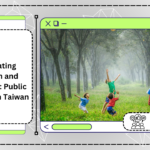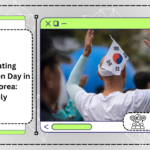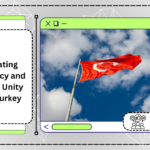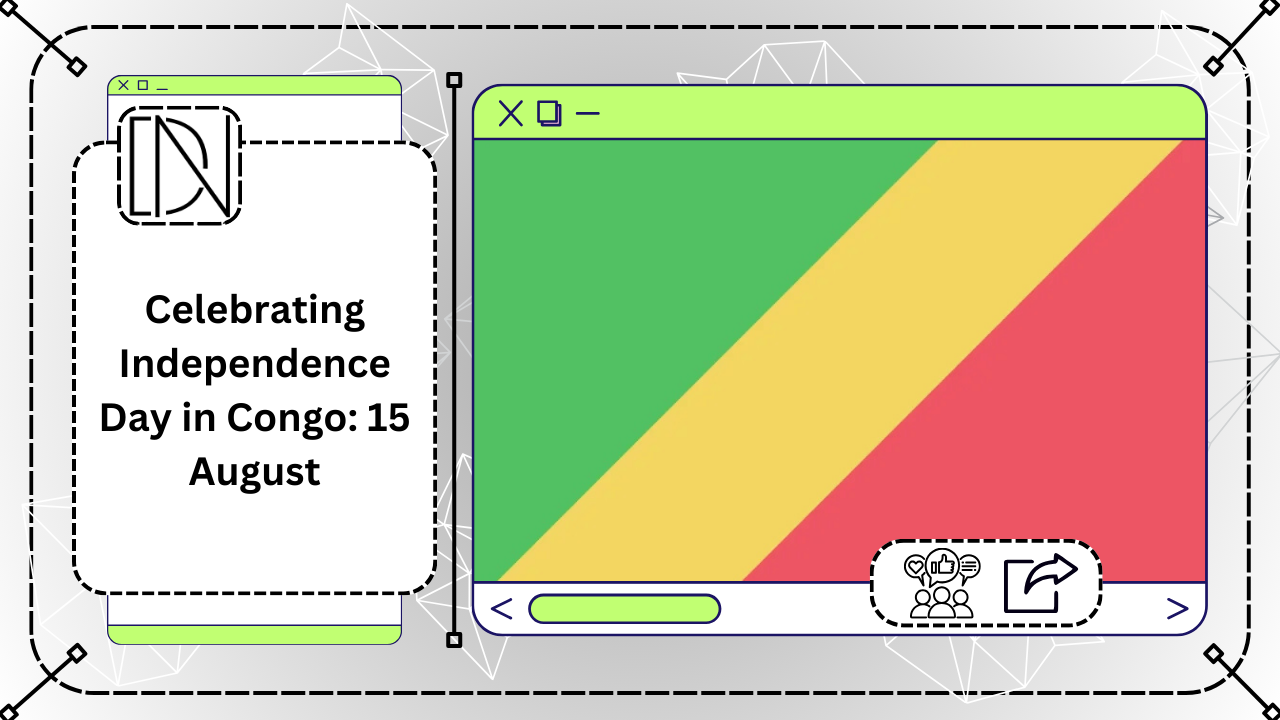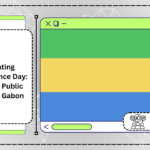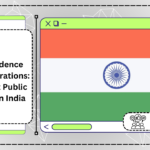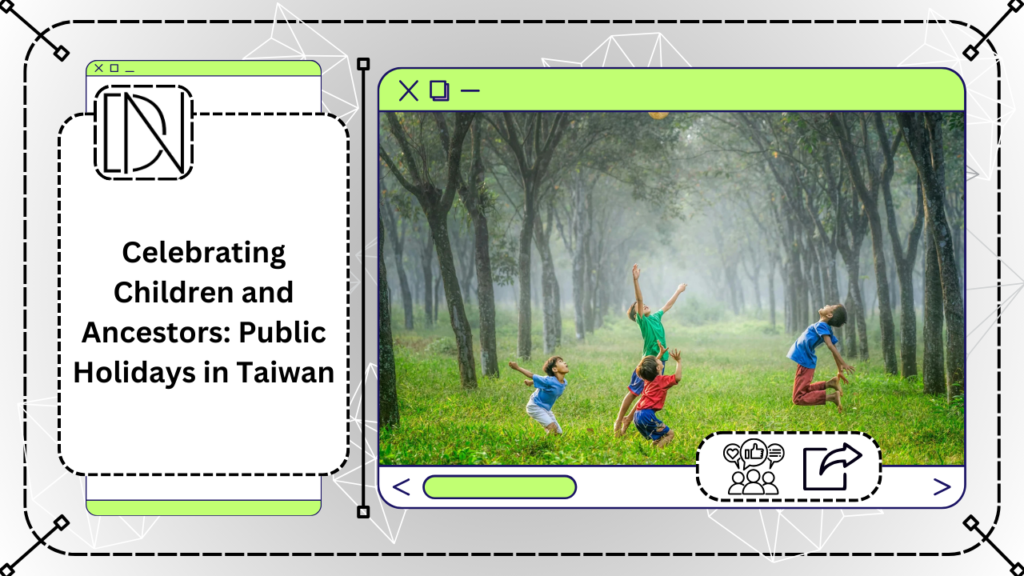Introduction to Congo’s Independence Day
Independence Day in the Republic of Congo is a significant event celebrated on 15 August every year. This national holiday commemorates Congo’s declaration of independence from France in 1960. It is a day of pride and reflection for the Congolese people, marking the nation’s journey towards self-determination and sovereignty.
The Historical Significance
The history of Congo’s independence is rooted in the larger movements for decolonization that swept across Africa in the mid-20th century. On 15 August 1960, Pierre Savorgnan de Brazza’s colonial rule was officially ended, and Congo became a free and independent state. This pivotal moment is commemorated annually to honor the sacrifices and struggles of those who fought for the country’s freedom.
How Independence Day is Celebrated
Independence Day in Congo is marked by various festivities and official ceremonies. These include parades, cultural dances, and speeches by political leaders. The capital city, Brazzaville, often serves as the center of these celebrations, with citizens and dignitaries participating in patriotic events. The day is also a public holiday, allowing people to spend time with their families and reflect on the country’s history and achievements.
Public Holiday Observations
As a public holiday, Independence Day on 15 August sees government offices, schools, and many businesses closed. This nationwide observance allows for widespread participation in celebrations and gives individuals the opportunity to enjoy a day of rest and reflection. Community gatherings and local events are common, fostering a sense of unity and national pride among the Congolese people.
Conclusion
Independence Day is more than just a public holiday in Congo; it is a day steeped in historical significance and national pride. Celebrated on 15 August, it serves as a reminder of the nation’s successful struggle for independence and offers a moment for all Congolese to come together in celebration and reflection.

